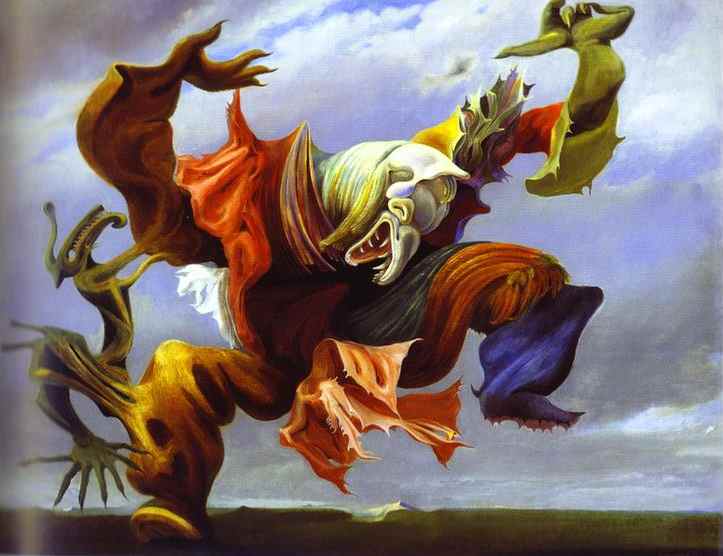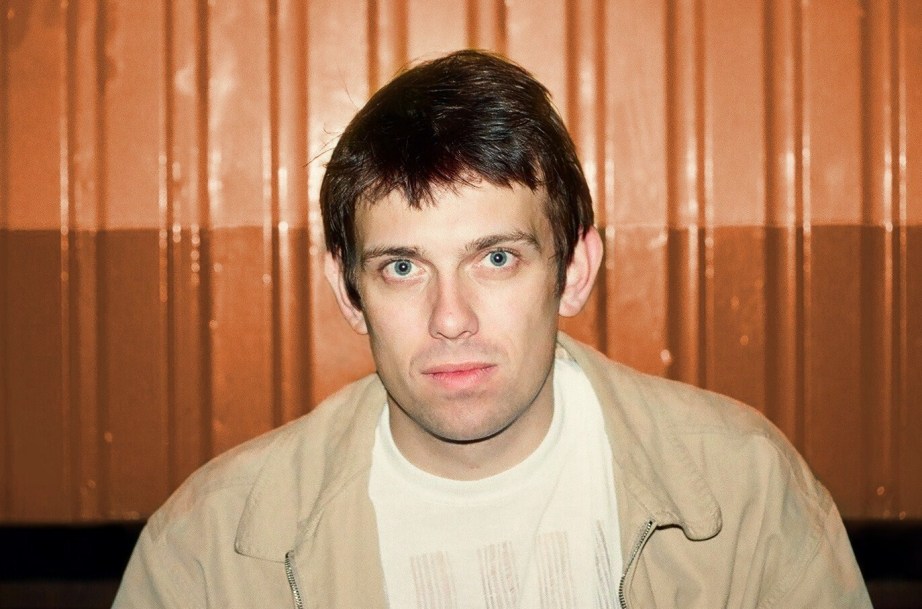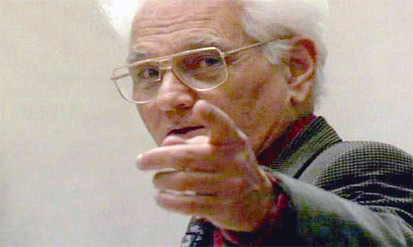Posts from November 2012
Anne Witchard on ‘Lucky cat’ show, resonance fm this Saturday
Tagged as China, Literature, London, Modernism

Listen this Saturday 1st December at 3.30pm to our own Anne Witchard on the Lucky Cat show on Resonance FM, hosted by Zoe Baxter. Anne will be talking about her latest book Lao She in London (Hong Kong University Press 2012) which details the time Chinese writer Lao She spent in London in the 1920s. The book reveals Lao She’s encounter with British high modernism and literature from Dickens to Conrad to Joyce as well as his tiem spent in the notorious and much sensationalised East End Chinatown of Limehouse.
If you don’t happen to be in central London, you can listen online at: Resonance 104.4FM.

Stefan Szczelkun’s Agit Disco has been widely and very positively reviewed in a number of recent publications. The project collects the playlists of its 23 writers to tell the story of how music has politically influenced and inspired them. The book provides a multi-genre survey of political musics that goes beyond protest songs into the darker hinterlands of musical meaning.
In Anarchist Studies 20.2, Jim Donaghey describes Agit Disco as ‘highly effective in sparking a reconsideration of the reader’s or listener’s experience of music and politics’, in a way which ‘will surely encourage others to begin their own dialogues, and contribute to those million compilation CDs that Szczelkun hopes for’, while Phil England, in The Wire, remarks that the ‘personal selections inside, directly or indirectly, prompt all kinds of questions, reanimating them as a living dialogue in the present.
In a lengthy review in the journal Socialism and Democracy, Matt Callahan is particularly insightful: ‘The music industry long ago made pop music journalism an extension of its dominance over music production, distribution and consumption. Agit Disco has the great virtue of enabling informed discussion of music by people who clearly cherish the music they are discussing. The value of music, therefore, is of a different order of magnitude than that of a disposable unit manufactured for financial gain. What comes across is a love and respect for music, a celebration of music’s timeless role in the life of communities and in their resistance to oppression … The task Agit Disco sets out to accomplish, therefore, bears a superficial resemblance to both cultural studies and pop music journalism while on a more profound level making a critique of both. That this critique comes in the form of a praxis as opposed to a conventional polemic is actually part of the critique – targeting self-proclaimed or institutionally sanctioned “experts” who in addition to passing judgement on what is good music and its proper relationship with politics, rule out the intelligence and creativity of working-class and other supposedly less qualified people’.
There is also an interview with Stefan Szczelkun and Anthony Iles published in BANTmag (Turkey): http://www.bantmag.com/mag/04/page/view/448
Agit Disco is published by Mute books, 46 lexington st, london, w1f 0lp. www.metamute.org

Classifying Films: The British Board of Film Classification in 2012
December 5th 2012, 3.00pm
Room 3.07, University of Westminster, Little Titchfield Street, London
Our friends and colleagues in the Centre for the Study of Law, Society and Popular Culture are pleased to announce the next instalment of the Entertainment Law: Theory Meets Practice series, which will be a guest lecture given by Lucy Brett, Head of Education and an Examiner at the British Board of Film Classification. The talk will involve the viewing of clips from key films from the BBFC’s archive! All are welcome.
The BBFC celebrates its centenary this year, and you might also be interested in the current film series and exhibition at the British Film Institute, Uncut, and also the new book Behind the Scenes at the BBFC, to which two members of the Law School at Westminster have contributed.

Wednesday 28th November, 4.00pm – 5.30pm
Room 106, Wells Street, University of Westminster, London W1T
Martin Eve (University of Sussex)
‘Opening children’s eyes’: Overloaded Forms and the Didactic Function
Since Pynchon, the postmodern encyclopaedic form has been recognised as possessing an ethical core. Indeed, Gravity’s Rainbow was only briefly treated solely as a structure of interminable play and quickly found its place, especially in light of Pynchon’s other novels, as a politicised work focusing on the military-industrial complex and contemporary America. It can equally be asserted, though, that the “ethical turn” in literary studies is sited at a specific, historicized moment and is not without its own problems: when we say “ethical”, rather than “moralising”, are we, in fact, merely refusing to recognise the relativity and transitivity of our own moral strictures? To begin to formulate a less innocent, more experienced, new terminology for this mode, this paper will look at two overloaded works, Thomas Pynchon’s Gravity’s Rainbow and Roberto Bolaño’s 2666. Through an analysis of these immense, torrential novels, the paper will unearth their inherent didactic function, examine the way in which they conscript our intellectual capital to pre-dispose us towards their ethics and draw out the place of teaching and learning, through the representation of the university and academia.
Allan Stoekl seminar: Surrealism: Metaphor, Metonymy, and the Question of External Cost, Nov 21
Tagged as ecology, Literature, poetry, Surrealism, Urban

Wednesday 21st November, 4.00-5.30pm
Room 104, Univesity of Westminster, 32-38 Wells Street, London W1T
Professor Allan Stoekl
‘Surrealism: Metaphor, Metonymy, and the Question of External Cost’
Our Visiting Professor in the Institute this year, Allan Stoekl, will be giving a small series of seminars reading work from the book he is currently writing on post-sustainable cities, energy and the avant-garde.
The first of these will be on Wednesday 21st November from 4-5.30 in room 104, in the University’s Wells Street building. If you’d like to attend, do please email David Cunningham: cunninda@wmin.ac.uk
Allan is Professor of French and Comparative Literature at Pennsylvania State University. His many publications include the books Politics, Writing, Mutilation: The Cases of Bataille, Blanchot, Roussel, Leiris and Ponge (University of Minnesota Press, 1985); Agonies of the Intellectual: Commitment, Subjectivity, and the Performative in the Twentieth-Century French Tradition (University of Nebraska Press, 1992); and Bataille’s Peak: Energy, Religion, and Postsustainability (University of Minnesota Press, 2007).

For any aging ‘baggies’ out there, our friends in the Law School are hosting Tom Hingley in their Entertainment Law: Theory Meets Practice series. The event will take place in the University of Westminster’s Portland Hall, Little Titchfield Street building at 1.00 on 16th November 2012. All welcome.
Tom was the singer for the pop group the Inspiral Carpets, one of the key bands of 1990s along with The Stone Roses and the Happy Mondays. Tom has recently published an excellent memoir Carpet Burns and he will be talking about his experiences in the music business as well as signing copies of his book. In addition, Tom may perform a few numbers from his extensive back catalogue.
Derrida: A Biography review
Tagged as radical philosophy

For fans of Jacques Derrida, David Cunningham’s review of Benoit Peeters’s recently published biography, which appears in the latest issue of Radical Philosophy, is currently up as a freebie on the website. You can read it here: http://www.radicalphilosophy.com/web/grande-biog
New Reading Group at Carroll / Fletcher, Dec 12 2012
Tagged as politics, radical philosophy, Urban

Reading Group at Carroll / Fletcher Gallery
Chapter 1 | Organizing for the Anti-Capitalist Transition
December 12th 2012,7.30pm
Caroll / Fletcher, 56-57 Eastcastle Street, London W1W 8EQ
Chapter 1 is the first session in a series of participatory discussions that will use relevant, accessible texts as a starting point. For this opening meeting, we will be considering David Harvey’s 2009 text Organizing for the Anti-Capitalist Transition. In this essay, Harvey analyses the events that have led to the current economic crisis and maps out the various social movements that are currently challenging capitalism.
The discussion will be initiated by David Cunningham, writer, academic and Principal Lecturer in English Literature and Cultural Theory at the University of Westminster and editor at the journal Radical Philosophy; and Jon Goodbun, writer, academic and Senior Lecturer in Architecture at the University of Westminster. The conversation will be open to the audience and their contributions welcome.
To download David Harvey’s text click here
Booking essential as places are limited: carrollfletcher.eventbrite.co.uk
Refreshments will be provided
t +44 (0)20 7323 6111
e info@carrollfletcher.com
www.carrollfletcher.com

Wednesday 14th November, 4.00pm – 5.15pm
Wells Street, room 106
Bianca Leggett (Birkbeck College, University of London)
Englishness Elsewhere: Exploring Parochialism in the Contemporary English Travel Novel
Ever since the days of Defoe’s Robinson Crusoe, English fiction has repeatedly portrayed travelling protagonists who feel possessed by the need to be English elsewhere, that is, to travel. Terry Eagleton has suggested that the ‘striking number of contemporary novels written in England but set in some non-English locale suggests ‘a sense that from the viewpoint of “creative” writing there is something peculiarly unpropitious about the typical social experience of an industrially declining, culturally parochial, post-imperial nation.’ This paper traces the historical and cultural origins of the myth of the English as a nation that both loves travel and yet remains staunchly parochial, suggesting that contemporary Crusoe-stories are part of how the English have attempted to understand their role in a post-war postcolonial world. It considers how this myth is revisited and revised in three stories of Englishmen in Continental Europe, Ian McEwan’s The Innocent (1990), Julian Barnes’s Metroland (1980) and Geoff Dyer’s Paris Trance (1998). While each novel comments on historically distinct moments in English attitudes to European identity, their similarities suggest a shared desire to critique English insularity. Finally, the paper asks whether the portrait of Englishness which finally emerges is more ambivalent than it first appears, suggesting that its admonitory messages are tempered by elements of postcolonial melancholia and nostalgia.
Capitalism, Democracy and the Novel seminar
Tagged as London, novel, radical philosophy
Courtesy of our friends in the Centre of the Study of Democracy …
The Prose of the World:
Capitalism, Democracy and the Novel
Dr David Cunningham, University of Westminster
Tuesday November 6, 17:15-18:45 | Westminster Forum, 5th Floor, Wells Street
UPDATE: Video posted at: http://www.youtube.com/watch?v=uR5ktvgFqVc&feature=em-share_video_user


The Institute for Modern and Contemporary Culture
University of Westminster Department of English, Linguistics and Cultural Studies
32-38 Wells Street, London W1T 3UW. United Kingdom.
